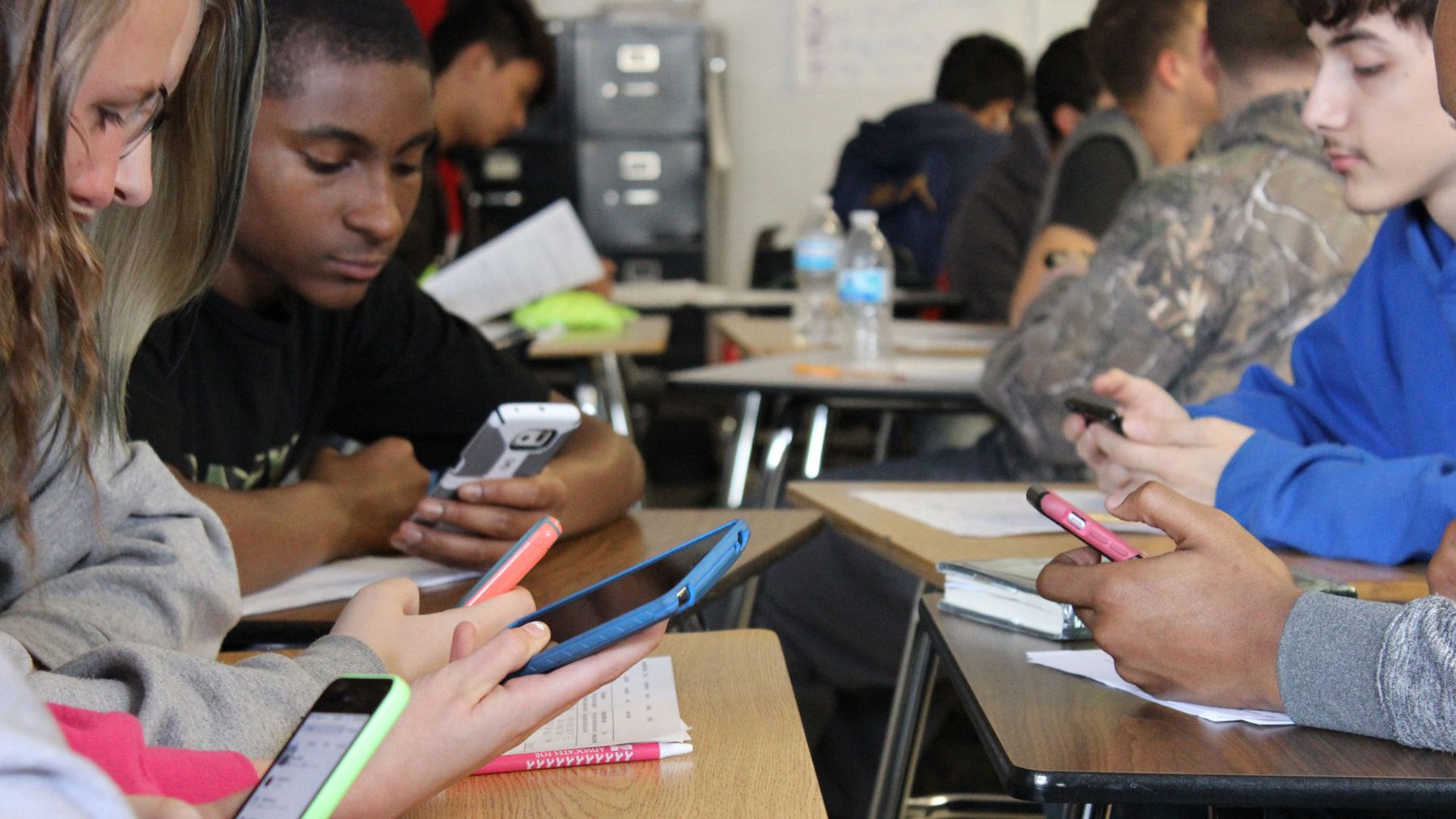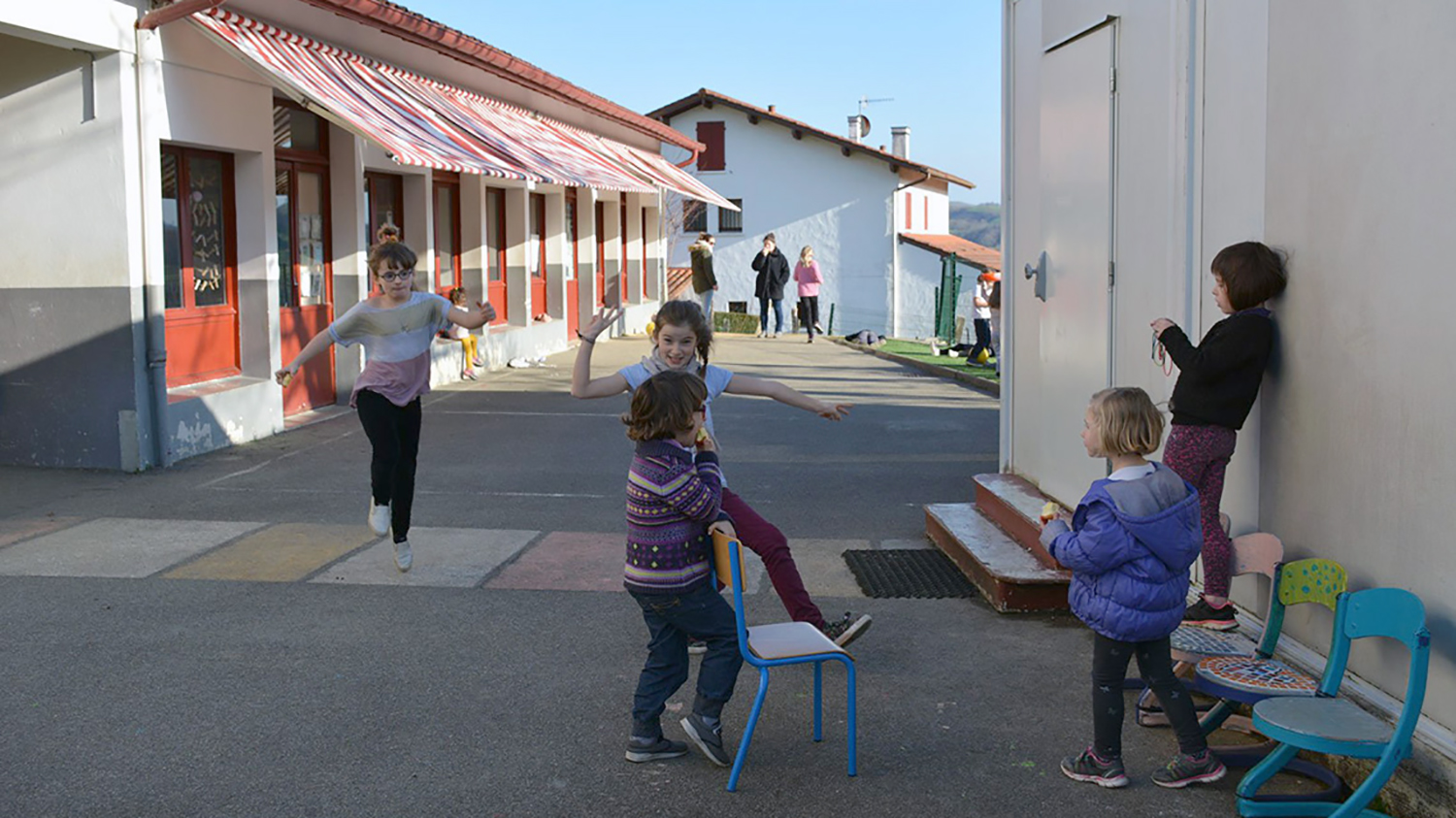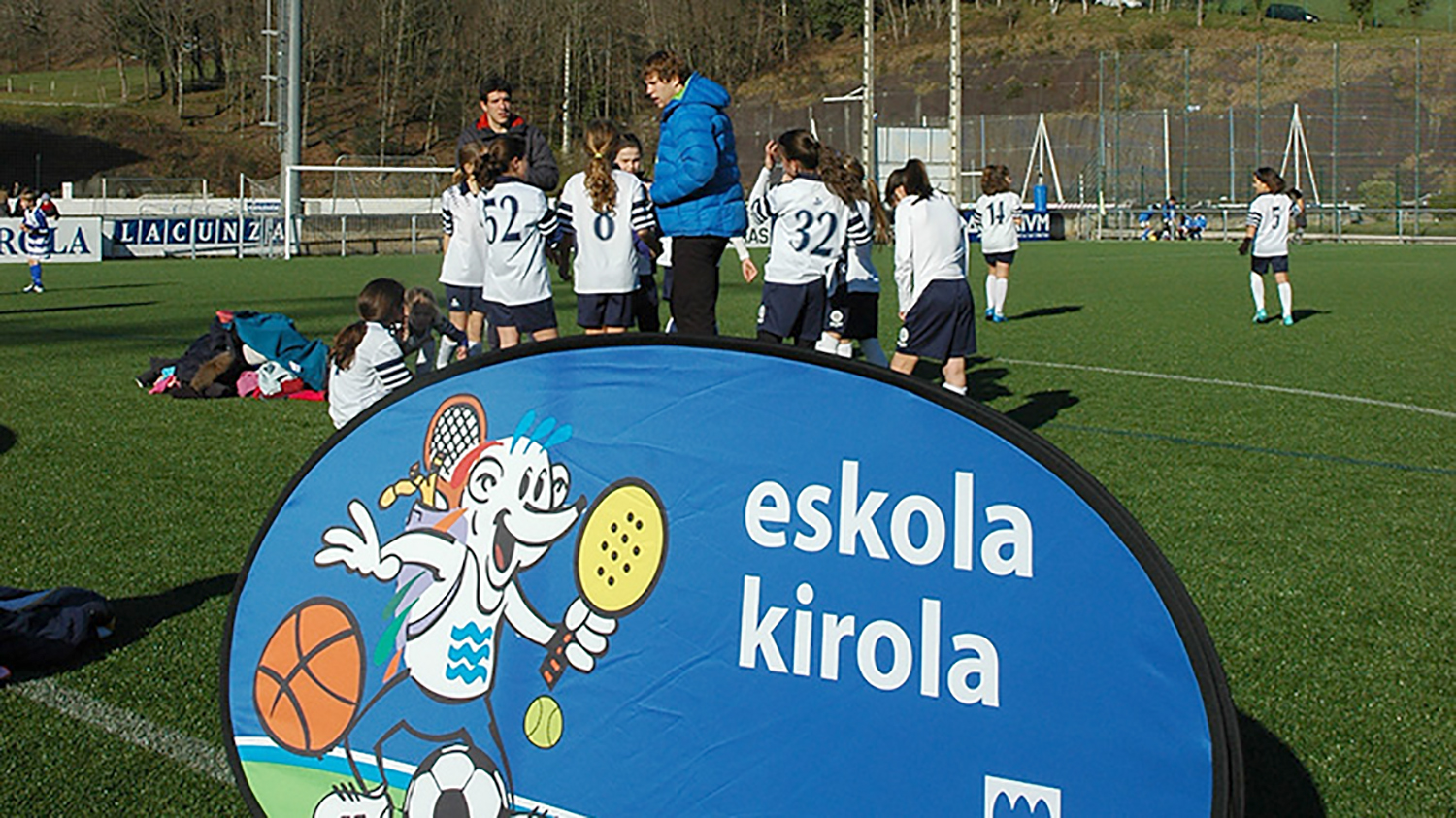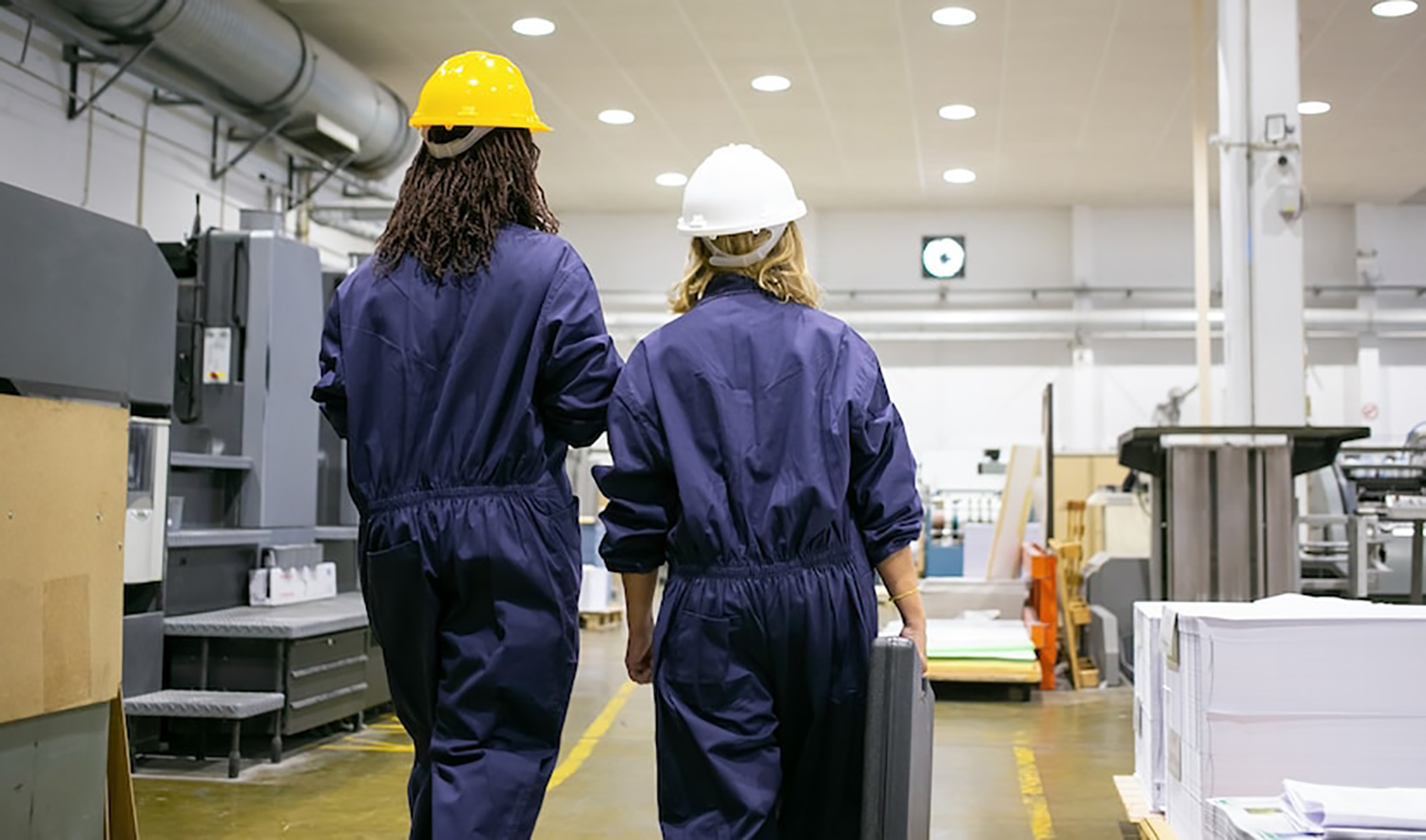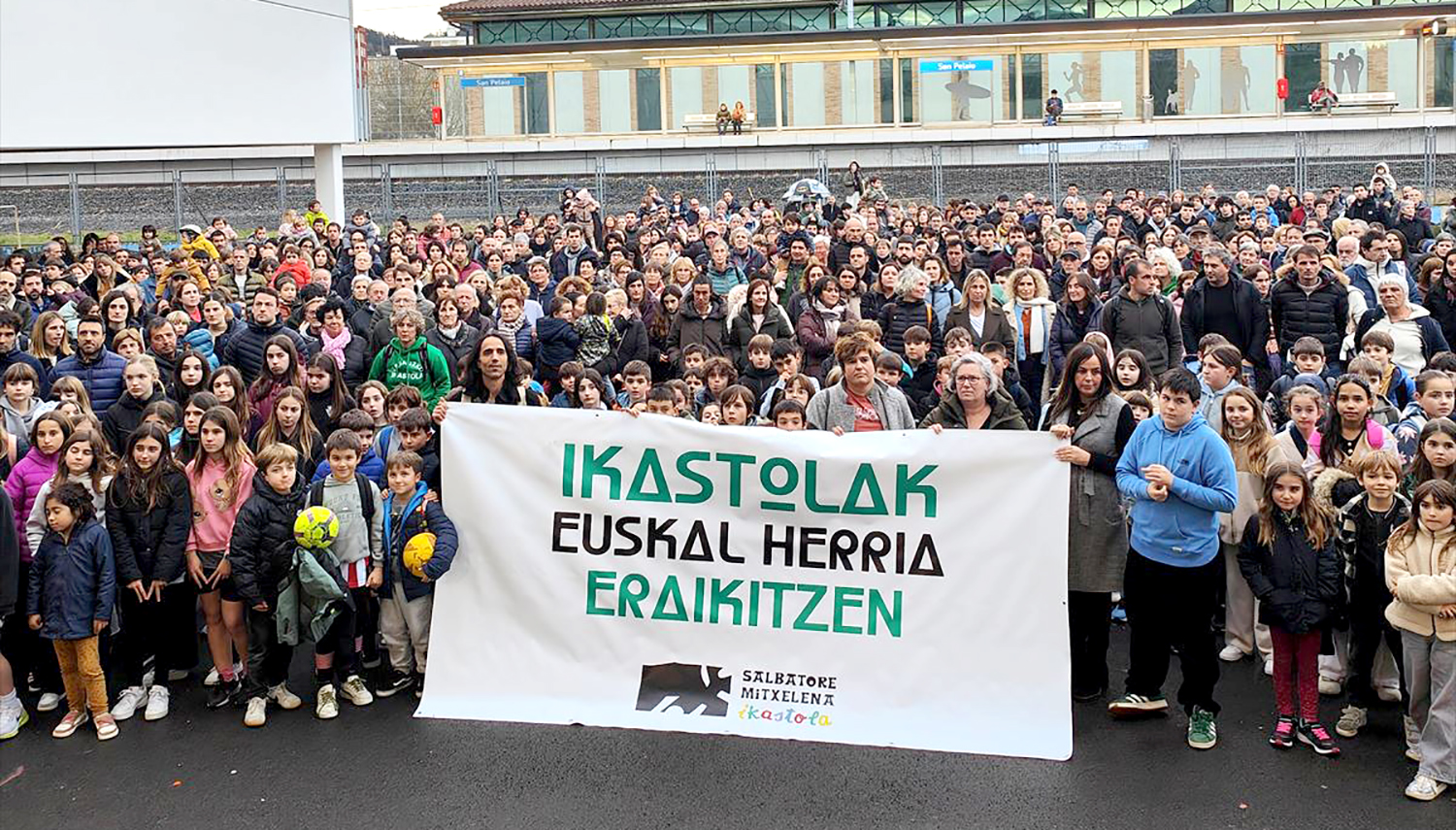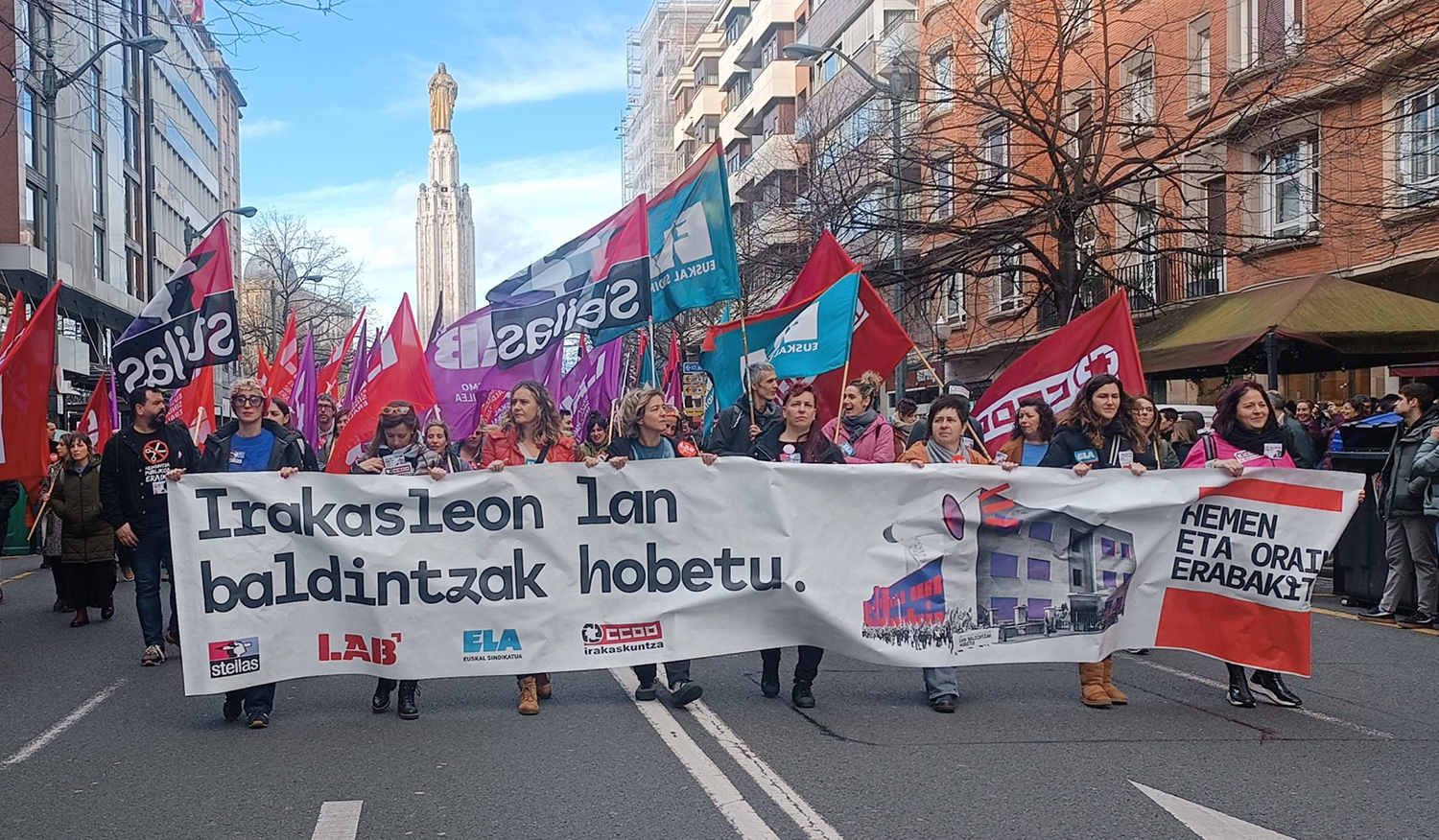That fascination with technology doesn't yield to education.
- We have received the master class of experts Pablo Garaizar and Diana Franco: “Spaces without technology are necessary”.
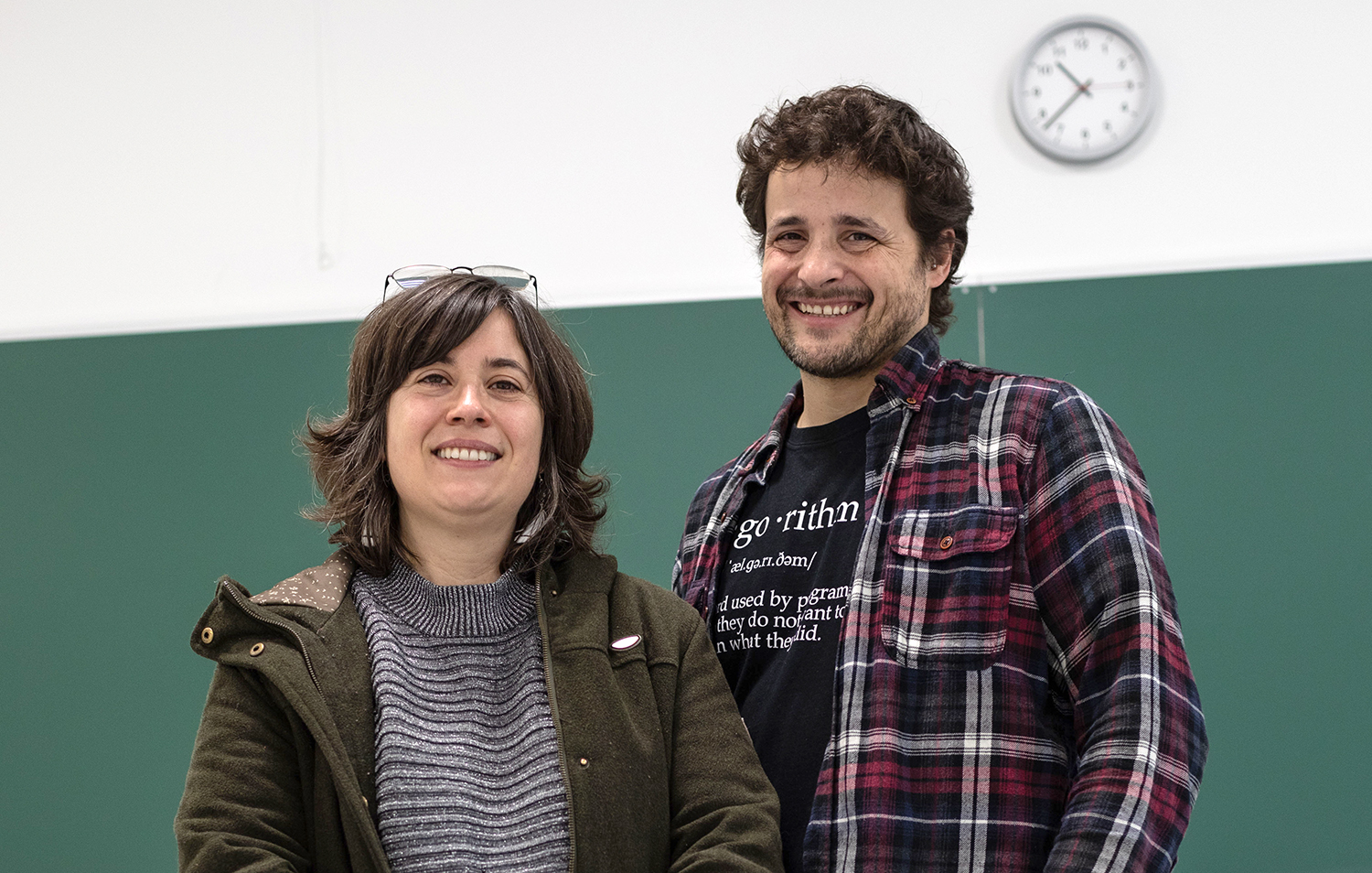
Since the Internet put all the information in one click, many pedagogies needed a new dogma: learning from memory content is no longer useful. “Memory is the footprint that remains after thinking about something, working something, and basically memory is the only one we have to maintain learning, so if memory is neglected, what is sustaining learning? It is said that today you can search for everything, but if you go to the library, the reception staff will ask you what exactly you need, and if you don’t know anything about the topic, you don’t even know what to ask, as it happens many times in class: students have no questions, no doubts, because they don’t know what to ask, if they don’t have enough basic knowledge to generate questions and doubts,” explains Pablo Garaizar, professor and technology expert.
It emphasizes that working the memory muscle is working the learning muscle. “All these new methodologies for the return of active learning pose a dichotomy with respect to memory learning, but both are necessary, since learning cannot be a mere decontextualized memorization and cannot be an active learning without knowledge that serves as foundation and foundation. In Pandemia, we saw that students with knowledge and knowledge, with a base, flew when they had to approach self-learning in confinement, technology helped them, while those with a base were lost.”
Garaizar: "We teachers can't think that technology improves learning because we get better results; the problem is just looking at the result, not the process; we have to change the way we evaluate."
It's easy to get lost in the flood of information on the Internet. But if you look at some classes, it seems that education in technology is asking students to pick a subject and search for information on Google to introduce it in class. “Education is a process that helps students reach the point of self-learning, and teaching to search for content is fine, if you have contrasted with who and have always questioned the framework. The teacher should contribute to the construction of this framework of understanding, giving meaning to information, transferring it to the local reality, since it is not enough to have access to information (Internet, books, notes…), but should evaluate, interpret and understand it, and in this way the continuous contrast with the teacher is fundamental. For me, education is relational,” explains Diana Franco, a member of Librezal in Education.
For Garaizar, the professor also has to have a filter: “In these times when we have so much information, it is important to know what is most important and what secondary knowledge, what knowledge you need basic knowledge on a subject, and for that it has to give the keys who knows”. In addition, “thinking that in the exercise of searching - copying there will be a mental process is a chimera, thinking that making a collage of text, images or videos to introduce it to the class automatically means having learned all that. In class, I'm sometimes asked if they can photograph the blackboard, but that picture doesn't guarantee learning, just like in the Internet information collection: sometimes this information doesn't pass through the brain filter, it processes little, little thought is given about it and the unintended contents leave no trace, they don't stay in memory."
As for the professor's filter, we've brought to debate filters and algorithms from big search engines like Google. In Franco’s words, “when we were children, we used encyclopedias, there were no referent women and we saw it as normal, we did not look at ourselves and we did not understand that this was not the case. In the technology that we use today, what are we losing, what's left on that bite, without us realizing, without us understanding it can be otherwise? Their visualization and questioning is important in education because AI can be interesting for certain workouts (for example, to work multiplications), but not to develop the global vision, for this we need knowledge, contrast and local relationships”. The problem is that teachers do not have a critical eye on technology, “they do not question it, as they do in many other areas”.
Franco: "It is not enough to have access to the Internet, you have to interpret and understand that information, the continuous contrast with the teacher is fundamental; education is based on relationships"
Because, according to Garaizar, “if the algorithm or the machine has said it, we think it’s OK; we question people, it’s harder for us to question machines. We're convinced that behind the algorithm is a lot of technologies, so there's a lot of knowledge, which is equivalent to the oracle, and it doesn't. Artificial intelligence will almost never tell you that you don't know, it will respond to what you know, and sometimes with little information it makes a big leap in the answer. We have to be aware that all this technology that has reached the educational level at the hands of the multinationals does not aim for you to have a better education, but rather to maximise its benefits: the algorithm can plunge us into knowledge bubbles, perhaps because it is not in your interest to get out of that bubble to know other points of view, we are already chained and we are providing a lot of data, on that wheel. In my children’s centers they only use Google, so they have incorporated the totally partial educational perspective of Google.”
We have recently read a teacher on social networks, who in the digital training they are receiving has been recommended that they can make feedback with their students (comments, notes, exchange…) through the digital platforms designed for it: “We are killing humanist education,” says the professor. Diana Franco has said that in a company where he has been there he had an intranet to control the dedication of the workers and evaluate the projects, and that much information and knowledge is lost along the way: “It is a very economicist model and there is a similar risk in education.” Pablo Garaizar has confirmed that in the tertulias in which technology intervenes, a lot of information is lost: “How many times we have not got angry about something misunderstood or hit in another tone”.
Garaizar: "Many studies through technology create illusion or illusion to learn; when you've prepared a very powerful presentation, you seem to be learning a lot, but it doesn't have to."
All of a sudden, artificial intelligence.
We've had an encyclopedia, we've had Google, and now we have ChatGPT, says Diana Franco, and he's told that a friend professor has told him that all the students in his class use ChatGPT, but that the teacher is trying to push other dynamics in class, go to the books and comment them, ask questions… that one more tool is artificial intelligence. However, some teachers experience quite a bit of headaches when they want to know if the students' work is done by themselves or by artificial intelligence. Pablo Garaizar has given us some keys: “Many studies with technology generate the illusion or illusion of having learned; when you have prepared a very powerful presentation, you seem to be learning a lot, but perhaps in the three months you do not remember the content, but how much the animation cost you. It's similar to ChatGPT: the end result is very powerful, more powerful than the hand made, but almost everything the machine has done. That is, better results can be achieved, but we are having losses in the process, because without training it costs to improve, and teachers cannot think that technology improves learning because we get better results, the problem is to look only at the result, not the process, we have to change the way we evaluate.” How do we evaluate in the artificial intelligence era? “In an offline evaluation, in a classic test, ChatGPT can be completely avoided, but when you want to evaluate through the papers throughout the quarter it is impossible to guarantee that artificial intelligence is not used, you would need more daily monitoring, for example, it is suspect that a student has jumped suddenly from day to day. However, this makes us police, and that is why two tendencies have prevailed: the teachers who follow up very rigorously and those who pass, who continue to evaluate as always”.
Digitalization: rethinking the direction
It's said that the digitization of education is strategic, it's on everyone's lips, but we don't all understand what it is to digitize the school, "because everyone understands what they once knew from what they had," and from a primary perspective the focus is put on the instruments, but the tools are constantly changing, and digitization is to understand that you learn to draw lots of paintings and the best ones. “In schools there is a certain fear, because many people think that you have to introduce a lot of software and tablets, and that you have to avoid everything that is not digital, that you take out the books and start making power points, and that is not digitizing, that is reproducing the analogue,” explains Garaizar. We have already mentioned that without giving a point of arrival, teachers are lost asking students to take a topic and look for information: there are no people to guide them, no fear of technology, to explain the essential and the secondary”.
In schools, for the time being, when they talk about digitalization, Franco says that they talk mainly about ophymatics, that they learn to use the tool: moving the mouse, writing on the keyboard, entering the links… “but without understanding the technology itself and without understanding the consequences of digitalization. At school I echo fewer explorations and creations, mix analogue and digital projects with different technologies, with more ingredients than traditional crafts.” In short, tools are becoming easier for users and you can learn to use them at any time; Franco makes no sense to base digital education in school.
Franco: "When we were children we had encyclopedias, there were no women referents and we saw it as normal. In the technology we use today, what is left unnoticed in that brunette?"
However, the digital career has no cuts and classrooms are filled with Chromebooks and digital devices. Before this, the case of Sweden is well known: they have stopped the digitisation plan and invested in textbooks. In the French state, Coline asks the government to stop and rethink the process of digitizing schools. “There is a point of view, with right-wing tints, which says that it takes more effort, more hours of work, to return to everyday dialogues, to remake a lot of products and divisions… because first everything was much better, although the data says otherwise (what they say is that they lived in the bubble of the intellectual elite). I do not agree – says Garaizar. But I also don’t share the techno-optimistic message, the message that technology has made us better: technology is not to benefit you, there are people to enrich you.” In this balance, Garaizar has made an interesting note: the most precious resource we have now to learn is attention, concentration, “and research shows that the introduction of digital technology in the classroom is a rupturistic factor to maintain attention. At this time when the cell phone is discussing whether or not in class, we know that for every cell phone in class there can be about 20-25 micropauses in class of one hour, if there are 15-20 mobiles, 400-500 cuts, because when someone’s cell phone vibrates also diverts attention from others, and if what has come to him is a funny photo and teaches others…”.
Neither the computer nor the mobile, as we counted in the article of the university classes, the students of the university began to take notes manually, and the result was greater attention and concentration. “I struggled not to introduce Chromebooks into my children’s classes, because I know what’s going to happen: in my classes, students use a laptop, and if they get a little bored on Youtube or in video games, because they learn to overcome the filters we’ve put in. For the teacher, getting the attention and interest of the student is much more difficult, with a tool designed for entertainment when you have to compete,” says Garaizar.
On the contrary, according to the Coline movement, 76% of parents think that the sooner the child is introduced into digital technology, the better it will develop, considering that outside school technology is the daily bread. “For me, school has to be a social bubble, because we have to learn how to do things. Do not get directly into the sea to learn how to dive, because you will start entering the pool. In education, they start very quickly with technological devices, thinking that the sooner the tools begin, the easier they will develop the tools to deal with this reality, and that's not the case, we don't give them the trash since they're young to learn how to eat better. Just as with technology, in schools you can't put the technology not directed at a young man with pulsations." And Garaizar has claimed that the school needs spaces without technology.
Garaizar: "The most precious resource we have now to learn is attention, concentration, and research shows that introducing digital technology into the classroom is a disruptive factor in maintaining attention."
So, technology, when, how, why?
At what level do you start using digital technology? “The later, the better,” Garaizar concludes. Without forgetting the gap between the two, the interlocutors believe that digital technology should not be used in Early Childhood Education because they are learning the physical world and do not need to digitize it. On the contrary, Franco has told that the children of Early Childhood Education put the stories on the screen in several classrooms, “very nice videos, well recorded, with good storytellers… but the relationship, the presence of the narrator, the coexistence of this social experience…”. Before we jump into the world of abstraction and ideas, that is, digitization, which is a layer of abstraction, we have to work the concrete and the moment of taking the leap has become the last cycle of Primary or the beginning of Compulsory Secondary Education. Before, for example, in Primary 3, we usually go from learning to reading to learning through what we have read, “and many children stay there, if they have not yet learned to read well, they will not be able to learn anything else through what we read”, and the expert says that the introduction of the technological variable at such an important stage may be worse.
Another key to consensus on the introduction of technology is that “Technology often significantly increases the level of final product. Along with a student who has asked for labor at home and who has been helped by his parents, the result of what he has done on his own is worse, but he may be the one who has the most capacity. When digitalization comes into play, the same thing happens: technology is an artist making works, and that is why we can start to introduce digital technology in schools when the visual aspect is less important (ESO, Bachiller…), because they can present me very nice, but if it has no background, it is poor in content, it will not deceive me,” says Garaizar.
The risk of these good technological models is that, on the other hand, we can be less encouraged to do it on our own, knowing that we will not achieve that level. In this sense, Franco has stressed the importance of the education of failure, “because it is not allowed to do it wrong, and the school should be used precisely for that, because despite the fall it gives you the network or should give it to you”.
Studies say that we read better on paper than on screen; that math exercises are also done better on paper, that abstract thinking is developed better, that the use of technology is good on education, but that great use does not help as we said in the article. But we want to end on a positive note, and we've asked table members for good models to use digital technology in education. Franco mentions the open technology laboratory launched by ESO Technology Professor Javi Luengo, in which they carry out projects with professors of different subjects, through technology, experimentation and relationships. They both see the technology itself well. And Garaizar recommends using technology to ask questions: “Digitalized information allows you to interact with this source of information and ask questions about it. To what extent is this answer good and what other questions can I ask? I think that the teacher has to be more and more creative questioning or must educate the people who are going to ask questions. There are many prejudices about migration, because we go to the machine to ask real data about migration and ask questions; what kind of data are we going to ask, what are we going to differentiate and how are we going to ask questions? If we have enough digital competence, we can go to data sources and ask the right questions to come up with concrete conclusions, we can develop the critical spirit. And at the same time, I insist, memory and knowledge for the development of criticity are essential: if the educational system does not give us the sufficient foundations that we will have stored in memory, we will never be critical citizens. We are critical of technology because we control the issue.”
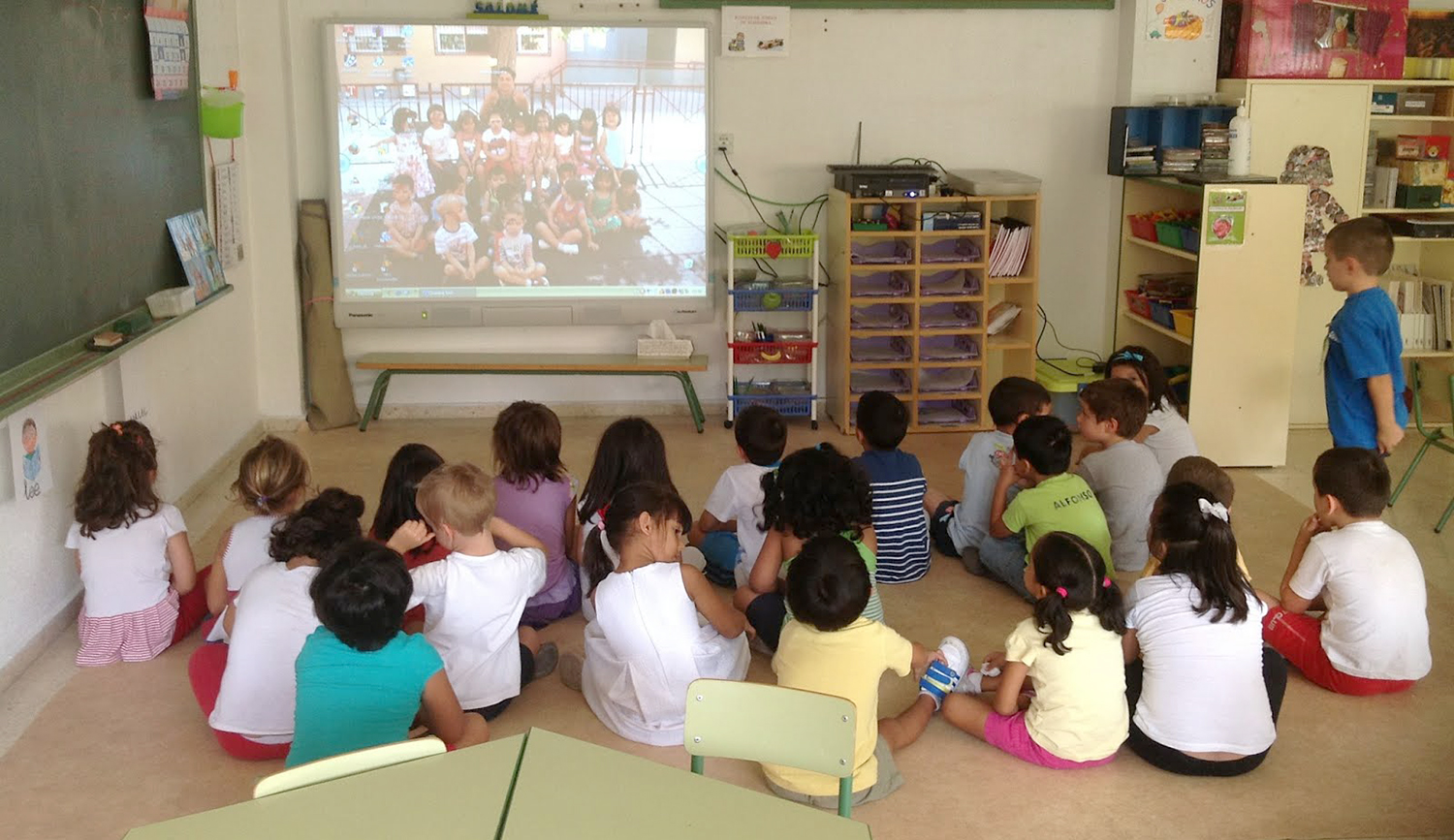
I received your e-mail in personal mail on the strike portals. At first, like many others, I thought it was to let you know what options we have in the face of the strike. But no, the e-mail received was a political and communicative movement against the strike.
I will confess... [+]
And for another year, the unions have organized prefabricated strikes for us. And we, individually, will decide whether or not to join the strike, without the need for any assembly at the school.
The strike model that I was taught is no longer in vogue, it seems. In my... [+]
Behin batean, gazterik, gidoi nagusia betetzea egokitu zitzaion. Elbira Zipitriaren ikasle izanak, ikastolen mugimendu berriarekin bat egin zuen. Irakasle izan zen artisau baino lehen. Gero, eskulturgile. Egun, musika jotzen du, bere gogoz eta bere buruarentzat. Eta beti, eta 35... [+]









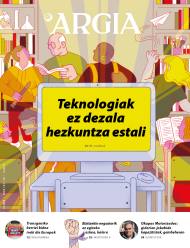

.jpg)

